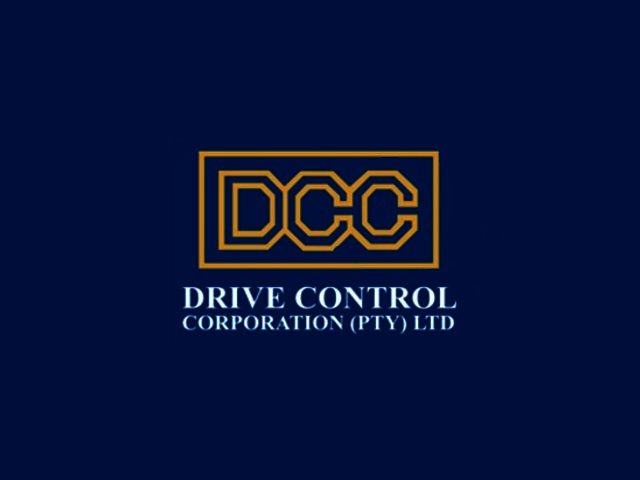PREVIOUS ARTICLENEXT ARTICLE
NEWS

Tips for creating a data backup strategy
By Staff Writer 21 April 2011 | Categories: news
According to Fred Mitchell, Symantec Division manager at Drive Control Corporation, it isn’t only big corporates that require a backup strategy these days. The need to back up all one’s important data is crucial when you consider the myriad ways to lose it all, ranging from natural disasters such as fires through to online cybercrime attacks.
Losing the contents of a hard-drive can be catastrophic for any business, particularly the smaller business and consultants, whose livelihood often depends on the data contained on their PCs and other devices.
Mitchell’s five simple tips are recommended in order to avoid the inconvenience (and sometimes downfall) that consumers and small businesses experience with data loss/loss of content.
Top tips
Tip no. 1 – It’s not about the product, but how you use it.
There are various backup options, but success is not in the product you use to back up, but rather in how you use it. The product needs to fit the consumer or small business and its objectives. As soon as it takes time and effort or slows down productivity, people are unlikely to continue to back up their data.
It is important to note that external hard-drives like flash drives and CD’s are highly unreliable as a means of backing up data as their lifespan is shorter. This is due to that fact that flash drives are highly sensitive to static (a static spark can erase information), while scratches on CD’s can damage data or render it inaccessible.
Tip no. 2 – An automatic back up solution is preferable
Manual backups mean that you need to remind yourself to do a backup, which often lead to non-compliance, with the attitude that “I will do it tomorrow” and ultimately ends in tomorrow never arriving. The best form of back up is one that is automatic.
The manual backup of documentation to another device that is then stored in the same location as the machine being backed up isn’t recommended. This is because a disaster such as a fire will result in the destruction of both, rendering the entire exercise pointless.
Tip no. 3 – Call on your service provider
Although offsite storage is a good option for protecting data, this means that all data that is backed up is stored in a separate location to minimise the risk of both copies of the data being lost or destroyed.
However, this may require data to be backed up to other physical storage devices and then moved to another location, which can be time consuming and expensive, especially for smaller businesses.
Another option is for a service provider to back up your information on their server at their premises. In this way you can back up data on their server and on your backup drive, doing live backups at the same time on different storage mediums.
Tip no. 4 – Consider cloud-based online storage
Technology has enabled another, more convenient form of offsite storage, however, and that is cloud storage, which can easily and conveniently store backup data offsite without the need to physically move storage devices to another location.
Online backup facilities also enable you to recover data from wherever you are, even if you are in another city or country to where you normally run your business. This means that if data is backed up online, not only is it useful for recovery, it can also be used to access information that may not necessarily be stored on a physical device on site at the office when the user is out of the office.
Cloud-based online storage is also far cheaper than onsite physical storage as the actual storage devices do not need to be purchased, and data is secure and always available should it be needed.
Tip no. 5 – A bundled solution, offering additional functionality such as security is best
When it comes to choosing a security solution, the smart choice, especially for the smaller business or home user, is to choose one that bundles internet security and anti-virus with an online backup solution. One that will automatically backup your files on schedule on an incremental basis, meaning that only data that has changed will be backed up.
This ensures that businesses and users have a complete, holistic security solution that will protect their critical data from all sides. In the unfortunate event that something does happen to physical devices, this data is always available and can be restored in short order, allowing business to continue as usual.
Ultimately backups save you time, money and give you peace of mind as long as you ensure your equipment/backup facility is backed by an effective system, which is reliable and user-friendly.
USER COMMENTS
Most Read Articles
Read

Magazine Online
TechSmart.co.za is South Africa's leading magazine for tech product reviews, tech news, videos, tech specs and gadgets.
Start reading now >
Download latest issue
Have Your Say
What new tech or developments are you most anticipating this year?
New smartphone announcements (45 votes)
Technological breakthroughs (29 votes)
Launch of new consoles, or notebooks (14 votes)
Innovative Artificial Intelligence solutions (29 votes)
Biotechnology or medical advancements (24 votes)
Better business applications (160 votes)



